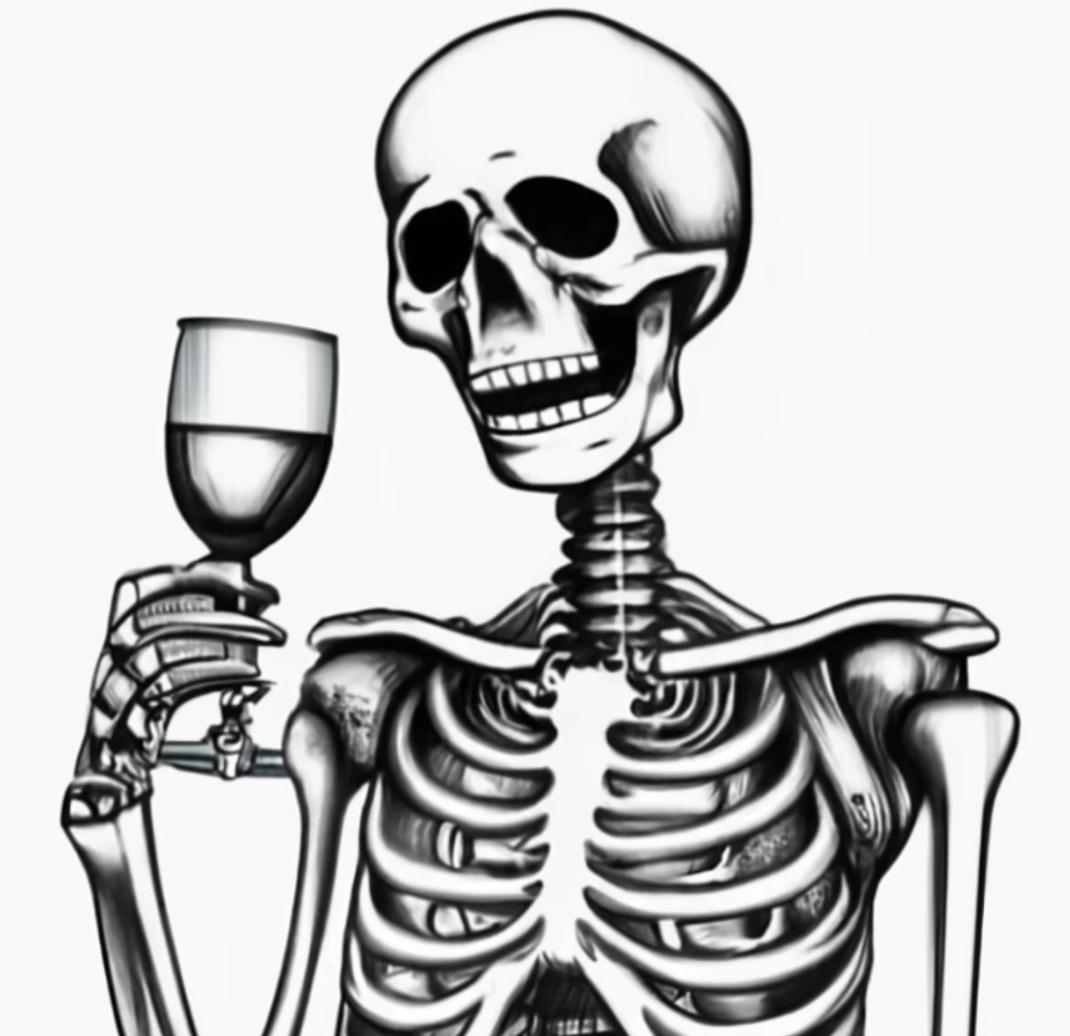By Carter Davies fo Sober Standard
The debate around substance use is often framed as a battle between personal freedom and societal control. But what if the very notion of “choice” in this context is being subtly, yet powerfully, undermined? What if modern marketing techniques have become so sophisticated that they are effectively eroding our capacity to make truly autonomous decisions about what we consume? It’s a question that resonates deeply with many in the sobriety community and one that demands a critical re-evaluation of how we regulate the promotion of potentially addictive substances.
The Marketing Mind-Hack: Subliminal Influence and the Erosion of Conscious Choice
At its core, the pro-choice movement champions the right of individuals to make informed decisions about their own bodies, free from coercion. But “choice” isn’t a vacuum; it’s shaped by the information and influences surrounding us. And in the age of targeted advertising, personalized algorithms, and sophisticated neuromarketing, those influences have become incredibly powerful and often imperceptible.
Modern marketing is no longer about simply informing consumers about a product; it’s about creating a desire, associating a brand with positive emotions, and subtly manipulating behavior through psychological triggers. As Professor Robert Heath, a leading expert in low-attention processing, argues, much of advertising works at a subconscious level, influencing attitudes and preferences without conscious awareness.
This is where the notion of “choice” becomes problematic. If our decisions are being shaped by subliminal influences that bypass our rational minds, can we truly claim that they are autonomous? Are we genuinely choosing, or are we simply responding to carefully crafted stimuli designed to elicit a predictable response?
The “Marijuana Mirage” Re-Examined: Algorithmic Addiction and Social Normalization
The recent wave of marijuana legalization provides a stark example of how these marketing tactics can undermine genuine choice. While proponents often tout legalization as a victory for personal freedom, the reality is far more complex.
The cannabis industry has embraced digital marketing with unprecedented enthusiasm, leveraging social media platforms, targeted advertising, and data analytics to reach potential customers with laser precision. Algorithms are used to identify individuals who are most vulnerable to addiction, based on factors like age, mental health history, and social media activity. Personalized ads are then served to these individuals, often featuring appealing imagery, celebrity endorsements, and misleading claims about the benefits of cannabis.
This isn’t about providing information; it’s about creating a carefully curated environment where cannabis use is normalized, glamorized, and relentlessly promoted. It’s about exploiting the vulnerabilities of individuals for profit, and it raises serious ethical questions about the responsibility of the cannabis industry to protect public health.
The Power of Framing: How Marketing Shapes Perception
Even seemingly innocuous marketing techniques can have a significant impact on consumer behavior. Studies have shown that the way a product is framed or presented can influence our perceptions of its risks and benefits. For example, describing a product as “natural” or “organic” can lead consumers to believe that it is healthier and safer, even if there is no scientific evidence to support these claims.
This is particularly concerning when it comes to substances like alcohol and cannabis, where marketing campaigns often downplay the potential risks and emphasize the social benefits of consumption. By creating a positive association with these substances, marketers can subtly shift our perceptions and make us more likely to engage in behaviors that may be harmful to our health.
The Cigarette Paradox Revisited: Marketing as a Determinant of Behavior
The decline in cigarette smoking provides further evidence of the power of marketing to shape behavior. The restrictions on cigarette advertising, coupled with public health campaigns highlighting the dangers of smoking, have demonstrably reduced smoking rates. This suggests that limiting exposure to persuasive advertising and providing accurate information can empower individuals to make more informed choices about their health.
It is still made available, and it has become easier to track so people can plan and seek treatment which means that has helped too.
Reclaiming Autonomy: A Call for Critical Awareness and Ethical Regulation
To truly champion freedom of choice, we must first recognize the ways in which modern marketing tactics can undermine that freedom. This requires:
- Increasing public awareness of the power of subliminal influence: Educating individuals about how marketing works and how it can affect their decisions.
- Demanding greater transparency and accountability from the marketing industry: Holding companies accountable for misleading or deceptive advertising practices.
- Strengthening regulations on the marketing of potentially addictive substances: Limiting advertising exposure, particularly to vulnerable populations, and ensuring that all marketing materials provide accurate and balanced information about risks and benefits.
The fight for sobriety isn’t just about abstaining from substances; it’s about reclaiming our autonomy and resisting the manipulative forces that seek to control our choices. By recognizing the power of modern marketing and advocating for ethical regulation, we can create a society where individuals are truly empowered to make informed decisions about their health and well-being. It’s time to move beyond the illusion of choice and embrace a more critical and conscious approach to consumption. What drives the behaviour of the need to use these things? How does the human brain affect these decisions?
You can listen to our full podcast episode here on this topic at the Sober Standard Podcast
